There are literally thousands of supplements said to improve health and athletic performance – but, more often than not, the most effective options are sitting right under our nose.
Which is why matcha tea is so interesting.
What is Matcha tea?
Matcha tea is a unique type of green tea which is made by taking young tea leaves and grinding them up into a bright green powder. This powder is then mixed with hot water, creating a delicious beverage.
Obviously, this is markedly different from regular green tea, where the leaves are infused in water, then removed.
Matcha tea vs green tea
It is important to note that matcha tea leaves are grown under slightly different circumstances than more traditional green tea leaves.
Tea farmers grow matcha by covering their tea plants about 30 days before harvest to limit their exposure to sunlight. This increases chlorophyll production, boosting the amino acid content of the plant, while also giving it a richer colouring.
However, while these differences do exist, both green tea and matcha tea have many of the same benefits.
What are the benefits?
Earlier on in the piece, I alluded to the fact that matcha tea might have some significant benefits when it comes to health and performance – and that is absolutely the case.
Matcha tea and energy
First and foremost, matcha tea has been shown to cause significant improvement in physical and mental energy (Dietz, 2017).
Like most teas, matcha tea contains caffeine, albeit in much higher doses. This alone can have a rather positive impact on energy.
Additionally, matcha tea also contains a compound known as l-theanine.
L-theanine is an amino acid that has been shown to improve focus, attention, and mental acuity. Importantly, it does so in such a way that mitigates the jittery effects associated with caffeine, making them the perfect combination.
With this in mind, supplementing with matcha tea has been shown to boost reaction time, energy, and focus – making it a great option.
Matcha tea and weight loss
If you take a quick look at any of the ‘fat burning’ supplements on the market, you are guaranteed to see some form of green tea extract in there – and there is a very good reason for this (Venables, 2008).
Not only does green tea increase energy expenditure (through its caffeine content), but it also contains potent antioxidants that increase fat metabolism – and like traditional green tea, matcha tea contains both of these compounds in abundance.
As a result, it is the perfect addition to any supplement regime when your goal is to lose weight.
Lifespan
And finally, we have the effects of matcha tea on longevity (Zhao, 2017).
Many of the compounds found within green tea leaves have been shown to help improve blood sugar management and enhance cardiovascular health. As a result, green tea consumption has been shown to protect against both heart disease and diabetes – as does matcha tea.
Within this, it has also been shown to protect against several different cancers.
Amazingly, this has also been shown to have an impact on life expectancy.
In short, those individuals who consume more green tea products are less likely to die young than those who don’t consume any green tea at all.
Which is a huge matcha tea positive if you ask me.
Related Article: Increase Strength, Increase Lifespan
Does matcha tea have any exercise benefits?
As I have already stated, many of the polyphenols found in green tea leaves have been shown to have a positive effect on fat metabolism. While this is most discussed for its implications for weight loss, it also has positive implications for performance.
When it comes to endurance exercise performance, fat is the most abundance energy source in the body.
To put it simply, by increasing fat metabolism, matcha tea makes it easier to break down fats for energy – increasing endurance performance in the process (Richards, 2010; Willems, 2017).
Additionally, as matcha tea also contains caffeine, it can have positive effects on strength and power performance in the gym and on the field (Grgic, 2019).
This means irrespective of you training goal, matcha tea is a great option.
Matcha Tea Vs. Coffee
It is important to highlight the fact that, while matcha does indeed contain caffeine, it does not contain as much as coffee.
As a result, if your goal is to strictly improve strength and power performance in the gym, coffee may be a better option – whereas matcha may be a better alternative if you are looking to perform more endurance based exercise.
Needless to say, if you are looking to work on both, you can always combine the two (match latte, anyone)?
Related Article: Coffee: Fitness Friend or Foe?
What is the healthiest way to enjoy your tea?
Now I want to outline how to make matcha tea in the healthiest way possible.
First and foremost, you want to make sure that you choose an organic matcha tea powder.
While most matcha tea growers are pretty good, this ensures that you will avoid those that use too many pesticides during production. It will also guarantee that they don’t add any sweeteners or additives.
Once you have your organic matcha powder sorted, its time to whip some delicious matcha tea.
You will need:
- ½ cup of hot water
- ½ cup dairy-free milk such as coconut or almond milk (optional)
- 1 teaspoon of organic matcha tea
- 1 teaspoon honey (optional)
Simply spoon the matcha powder into a cup, add the hot water and whisk rapidly.
Then, if you feel like having it a little creamy, add in some milk, and keep whisking until a little bit of foam sits on top.
Finally, sweeten if desired, and enjoy one of the healthiest beverages on the planet.
Tips on adding Matcha tea into your lifestyle
I want to highlight the fact that most of the benefits obtained from matcha tea come from drinking 3-4 cups per day – however, I also appreciate that this can be a lot of tea to drink on a daily basis.
With this in mind, I would recommend the following:
- Drink 1-2 cups of matcha tea per day: very simply, aim to have a cup of matcha tea with breakfast and lunch daily
- Use matcha in cooking: matcha is a common ingredient in a number of desserts and breakfast foods. So why not try it with some cooking
- Try matcha ice tea: and finally, you can easily make up a nice matcha ice tea to take around with your during the day. This can take place of your more traditional drink bottle.
And there you have it – some very easy ways to get more matcha into your day.
Take Home Message
Like green tea, matcha tea contains a number of potent compounds that can have a positive effect on health, longevity, and performance.
Moreover (in my opinion anyway), it is a much tastier option.
So give the recipe outlined in this article a go and make sure to get back to us – we always love hearing from you.
References
Dietz, Christina, Matthijs Dekker, and Betina Piqueras-Fiszman. “An intervention study on the effect of matcha tea, in drink and snack bar formats, on mood and cognitive performance.” Food research international 99 (2017): 72-83.
Venables, Michelle C., et al. “Green tea extract ingestion, fat oxidation, and glucose tolerance in healthy humans.” The American journal of clinical nutrition 87.3 (2008): 778-784.
Zhao, Long-Gang, et al. “Green tea consumption and cause-specific mortality: Results from two prospective cohort studies in China.” Journal of epidemiology 27.1 (2017): 36-41.
Richards, Jennifer C., et al. “Epigallocatechin-3-gallate increases maximal oxygen uptake in adult humans.” Medicine and science in sports and exercise 42.4 (2010): 739.
Willems, Mark Elisabeth Theodorus, Mehmet Akif Şahin, and Matthew David Cook. “Matcha green tea drinks enhance fat oxidation during brisk walking in females.” International journal of sport nutrition and exercise metabolism 28.5 (2018): 536-541.
Grgic, Jozo, et al. “The influence of caffeine supplementation on resistance exercise: A review.” Sports Medicine 49.1 (2019): 17-30.
You Might Like:
Matcha Tea and Exercise Benefits
There are literally thousands of supplements said to improve health and athletic performance – but,...Intermittent Energy Restriction: The Key to Sustainable Weight Loss
As someone who has worked in the health and fitness industry for a long time,...Can you Afford Cheat Meals?
John Barry Have you ever seen the Instagram feed of The Rock, Dwayne Johnson? I...Everything You Need to Know About Creatine
If someone came up and told you about an ‘amazing’ new supplement that can do...How Much Protein Should You Eat?
John Barry How much protein should a person eat? What foods are high in protein?...Does a high salt diet cause cognitive impairment?
Ever since the early seventies, salt has been demonized by the health community. And with...Metabolic Flexibility: The Key to Unlocking your Health
Over the last few decades, our health has declined at a rapid rate. Despite living...The Truth About Red Meat Consumption
Over the last few decades, we have seen dietary guidelines change drastically in an attempt...The Importance of Nutrition on Brain Health
What you put into your body is damn important. I mean, without providing your body...The Ingredient in Kale That May Promote Longevity
Kale has fast become one of the most talked-about foods in the health industry, with...Caffeine May Help or Hinder Athletic Performance
Most people have heard that caffeine enhances athletic performance, in fact, current guidelines recommend ingesting...Can Intermittent Fasting and Exercise Prevent Cancer?
It could easily be argued that we are living in the best time in human...How Long Does It Take To Reverse The Effects Of A Bad Diet?
Hunter Bennett You know that eating a good diet is important. But did you know...Does Dark Chocolate Aid In Muscle Recovery?
Hunter Bennett What do exercise enthusiasts, elite athletes, and weekend warriors all have in common?...Processed vs. Unprocessed Foods
Hunter Bennett Over the last few years, we have seen a bit of a change...Regaining Homeostasis With Diet & Exercise
Hunter Bennett In scientific literature, health is often defined as a state of complete physical,...Fasted Weight Training: Does It Help With Fat Loss?
Hunter Bennett The last few years have seen the health and fitness landscape evolve in...How Intermittent Fasting Affects Sleep
Hunter Bennett Intermittent fasting has fast become one of the most popular dietary trends of...Prolonged Fasting for Health & Longevity
Hunter Bennett Throughout history, there has been one thing sought above all others. Something that...Intermittent Fasting For Weight Management & Health
Hunter Bennett Every single week there seems to be some brand new diet on the...The Ketogenic Diet: How It Affects Athletic Performance
Hunter Bennett Every week a new way of eating hits the mainstream media. They are...Canadian Food Guide- A Dietary Guideline
Hunter Bennett The Canadian government made some rather large changes to their dietary guidelines. Like,...The Effects of Exercising On a High Fat Diet
Hunter Bennett When it comes to diet, there is an incredible amount of information out...Resistance Training & Protein Supplements: What You Need to Know
Dayton Kelly This article was adapted from a combination of speeches given at the European...FODMAPS and Exercise
Dayton Kelly FODMAPs: A culprit in exercise-induced gastrointestinal distress and an explanation for athlete adoption...Can Nitrate Rich Vegetables Boost Your Endurance?
Dayton Kelly This article was adapted from a combination of speeches given at the...Gluten-Free Diet and Exercise
Dayton Kelly This article was adapted from a combination of speeches given at the European...6 Vegan Athlete Meal Plan Ideas to Boost Performance
Jessica Gillespie-Friesen Animal products contain essential nutrients that contribute to proper body functioning but also...Relative Energy Deficiency: Nutrition For Endurance Athletes
Evan Stevens Speak with any endurance athlete and the topic of conversation almost always steers...What Are Probiotics and Prebiotics?
Alyssa Bialowas In response to the current cultural nutrition trend surrounding probiotics and supplements, pharmacies...3 Important Things Athletes Should Consider Before Going Vegan
Alyssa Bialowas The vegan diet is becoming increasingly popular among the general population and is...Do Ketogenic Diets Reduce Anaerobic Performance?
Evan Stevens Ketogenic diets have come to the forefront of popular health fads in the...Does the Keto Diet Affect High-Intensity Exercise Performance?
A Review by Alyssa Bialowas The ketogenic diet has been making waves due to its...The Best Way to Prevent Gut Rot During Your Workout
Alyssa Bialowas One of the worst things that can happen to you before you start...Everything You Need To Know About Protein Supplements
Evan Stevens The study of protein is a huge undertaking. It is one of the...Is There a Magic Bullet to Protein Consumption?
Evan Stevens In the last three parts we discovered that a lot of what we...Does Protein Impact Trained Athletes Differently?
Evan Stevens Previously at Forever Fit Science we looked at how science changes and why...Which type of Protein Provides the Best Workout Recovery?
Evan Stevens In our previous article, The Ever Changing Science of Protein, discussed how science...The Ever Changing Science of Protein
Evan Stevens You would think that by now we would have a pretty firm grasp...Why Milk is an Effective Recovery Drink for Female Athletes
Mojtaba Kaviani, Ph.D., CEP Cow milk contains protein, casein, carbohydrates, fat, vitamins and minerals, which...Anti-Inflammatory Foods in Your Diet (and What to Avoid)
Moji Kaviani, Ph.D., CEP Inflammation is part of the body’s natural defense system. Western medicine...Can Caffeine Improve Sprint Time In Elite Swimmers?
A Review by Alyssa Bialowas Caffeine is an ergogenic aid, meaning it’s a substance that...The Next Best Supplement For Exercise Performance
A Review by Alyssa Bialowas Korean Ginseng is a nutraceutical herbal supplement, that when ingested...DHA Supplementation Reduces Inflammation After Exercise
Alyssa Bialowas Introduction to DHA Supplementation Docosahexaenoic acid (DHA) is an omega-3 fatty acid. It...Citrus Flavonoid Supplementation May Improve Exercise Performance
Alyssa Bialowas The proper diet and supplementation regimen can improve exercise performance in athletes. Research...Impact Of Omega-3s Paired With Eccentric Exercise
Alyssa Bialowas Enhanced health immunity during the holiday season is crucial to preserve the capacity...Main Food Groups: Candy Canes, Cookies, Chocolate and Eggnog
Moji Kaviani, Ph.D., CEP If your main food groups are Candy Canes, Cookies, Chocolate and...Hydration and Performance, Part 3: MANAGING HYDRATION
Evan Stevens When we sweat we lose more than just water. That fine, salty coating...Hydration and Performance, Part 2: ELECTROLYTES
Evan Stevens Electrolytes and the Right Drink For You Welcome back to our continuing discussion...Hydration and Performance, Part 1: FLUIDS
Evan Stevens We previously discussed how masters level athletes’ nutritional needs are almost no different...Athletes May Be Suffering From Vitamin D Deficiency
Moji Kaviani, Ph.D., CEP If you are not getting out a few times per week...Dietary Strategies For Managing Rheumatoid Arthritis
Mojtaba Kaviani, Ph.D., CEP Rheumatoid arthritis (RA) is a chronic condition in which the body’s...Do Masters Athletes Need Specific Nutrition?
Evan Stevens Nutrition. It’s a topic that stirs debate at every mention. One day you...Hydration For Hockey Performance
Moji Kaviani, Ph.D., CEP Ice hockey is a team sport that requires players to have...Flaxseed Supplementation, Walking, and Hypertension
Hypertension is a chronic condition that can lead to cardiovascular disease or stroke, if not treated...How Will Turkey Dinner Impact Your HIIT Workout?
Moji Kaviani, Ph.D., CEP Who doesn’t like to get more health benefits while they are...How Fruits & Veggies Counteract Chronic Disease
Evan Stevens The CDC recently released an article detailing how we should start emphasizing the consumption...Protein Intake For Masters Athletes
Moji Kaviani, Ph.D., CEP There is robust evidence supporting that master athletes (40 years and over)...8 Ways to Augment The Oatmeal Breakfast
Amanda Carney Breakfast is considered the most important meal of the day, as it should...Is Milk Beneficial for Exercise Recovery?
Moji Kaviani, Ph.D., CEP The animal source proteins such as milk, containing 80% casein and 20%...6 Ways To Avoid Hunger That Leads To Overeating
Alyssa Bialowas Dieting and body image in sport can lead to the development of either...Effect Of Gluten-Free Diet On Endurance Performance
Moji Kaviani, Ph.D., CEP Non-celiac Athletes Approximately 70% of endurance athletes experience gastrointestinal distress during their...Exercise Your Gut (Microbiome)
Julia Basso Affiliation: New York University, Center for Neural Science As a neuroscientist who studies...Pump Up Your Performance With Beet Root Juice!
Dayton Kelly This article was adapted from a combination of speeches given at the European...Health Challenges and Cleanses – A Help or Hinder?
Gillian White – MSc, PhD (Candidate), University of Toronto Health Challenges and Cleanses – Helping...Post Exercise Meal Impact On Triglyceride & Cholesterol Levels
M. Kaviani Obesity is a leading global health problem and is associated with multiple chronic...Food vs Protein Supplements
Evan Stevens The final talk in this session was a breath of fresh air for...Precision Nutrition and You: Nutrigenomic Approaches To Disease And Health
Evan Stevens We have previously discussed the growing field of nutrigenomics here at Forever Fit...Fill Up On Omega-3s
Dayton Kelly This article was adapted from a combination of speeches given at the European...Stopping To Drink: Is It Worth The Time?
Dayton Kelly This article was adapted from a combination of speeches given at the European...Re-Thinking Gender Based Nutrition
Dayton Kelley Gender Based Nutrition This article was adapted from a combination of speeches given...The Truth About Carbo Loading
Evan Stevens Carbo Loading Carb loading, for those who haven’t been around sport for the...Protein Quality Dictates Recovery, Not Timing
Evan Stevens “Oh, I’m sore today.” “I feel like it’s getting harder to work out...Exercise Enjoyment May Affect Post-Workout Eating Habits
Catherine O’Brien While a healthy lifestyle is dependent upon various factors, it is widely accepted...Effects of Alcohol On Your Workout
Gillian White – MSc, PhD (C), University of Toronto, Department of Exercise Sciences Is a...Counting Calories May Prevent Overeating
Dayton Kelly As we all know, the food we eat has an enormous impact on...3 Tips To Minimize Everyday Chemicals
Adriane Cook B.S. Kinesiology, Michigan State University www.balancewithme.com Chemicals, toxins, and pollution, oh my! Do...Coffee: Fitness Friend or Foe?
Adriane Cook B.S. Kinesiology, Michigan State University www.balancewithme.com Nothing quite unites a country like its...Sugar – Is It Hurting Your Healthy Lifestyle?
Matt Kiszka Sometimes it seems like sugar is in everything we eat. The obvious culprits...How Much Protein Do Women Really Need?
Lauren Rubadeau How Much Protein Do Women Need Based on their Activity Level? With New...Drink, Be Merry…and Exercise!
Julia Basso – PhD Most of us engage in a drink or two (or three…)...8 Ways to Prevent Weight Gain During the Holidays
Alley Rubadeau 8 Ways to Prevent Weight Gain During the Holidays You made it through...Food for Fuel: Healthy Granola Bar Recipe
Forever Fit Science Master Swim Athletes and U.S. Air Force Lieutenants, The Holman Sisters, share...BHB Supplements and Energy
Evan Stevens BHB Supplements and Energy We’ve already heard about low CHO (low carbohydrate) diets...Fat, Carbs, Protein and Recovery. Is There A Silver Bullet?
Evan Stevens The first talk in this session was very similar to the talks that...Nutrition Takeaways: Gatorade Sport Science Institute
Evan Stevens The main theme of this session was protein supplementation before bed to improve...Gene-Based Nutrition: Can It Benefit You?
Evan Stevens Based on a talk by Lisa Cianfrini at Take Control of Your Health/Wellness...Exercise Nutrition Symposium
Evan Stevens This past Saturday, April 2nd, I had the wonderful opportunity to attend the...7 Delicious Options to Increase Your Omega-3s
Amanda Carney Whether you are an athlete, partake in regular exercise or just want to...5 Easy, Heart-Healthy Breakfast Ideas
Amanda Carney – Holistic Nutrition Coach A healthy heart equals a healthy body, and we want...Reward Yourself: Post-Workout Vanilla Blueberry Smoothie
Author: Amanda Carney As a health coach, I am constantly receiving questions about what to...Three Health Chia Seed Pudding Recipes For You and Your Family
By: Amanda Carney When you think of pudding, chances are you imagine a decadent sugar-laden...The Importance of Food: How Should I Eat?
Author: Evan Stevens, MSc in Nutritional Science In my previous article, titled “What Should I Eat...The post Matcha Tea and Exercise Benefits appeared first on ForeverFitScience.
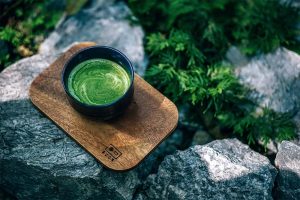


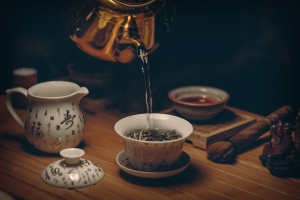
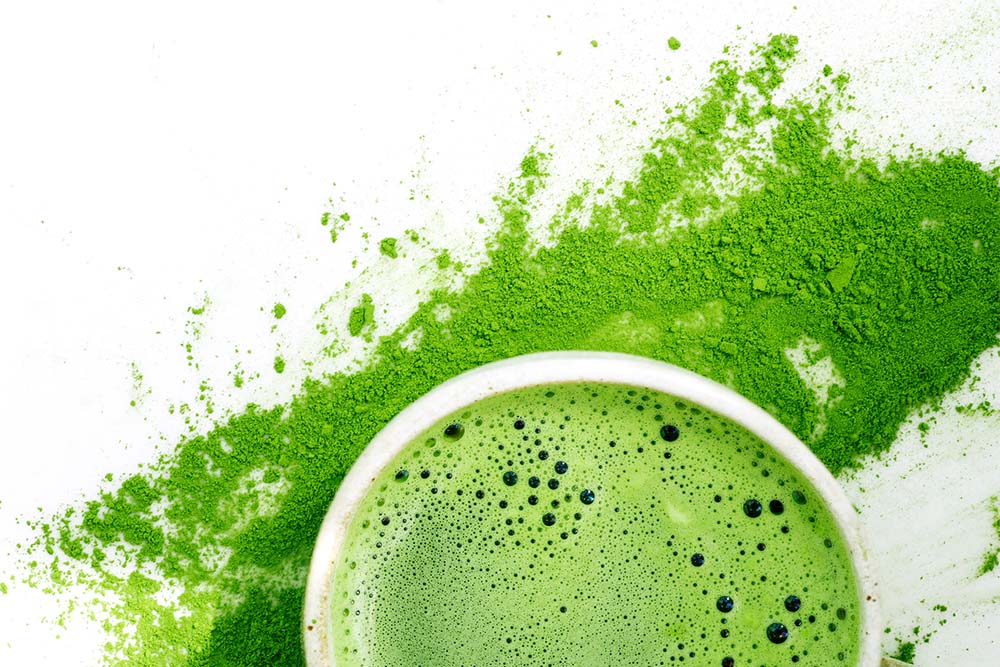


















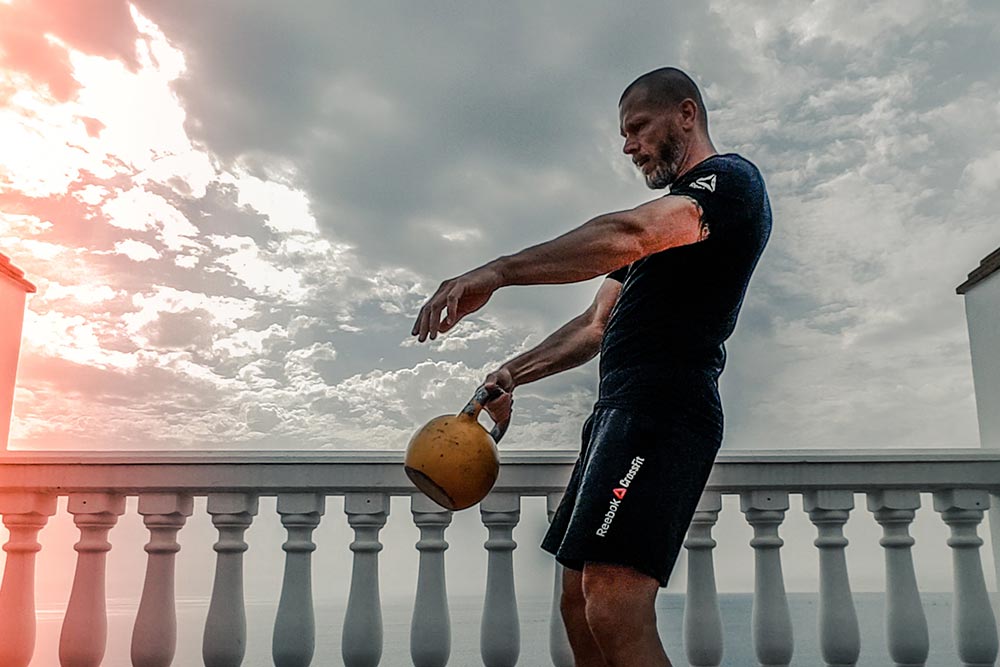


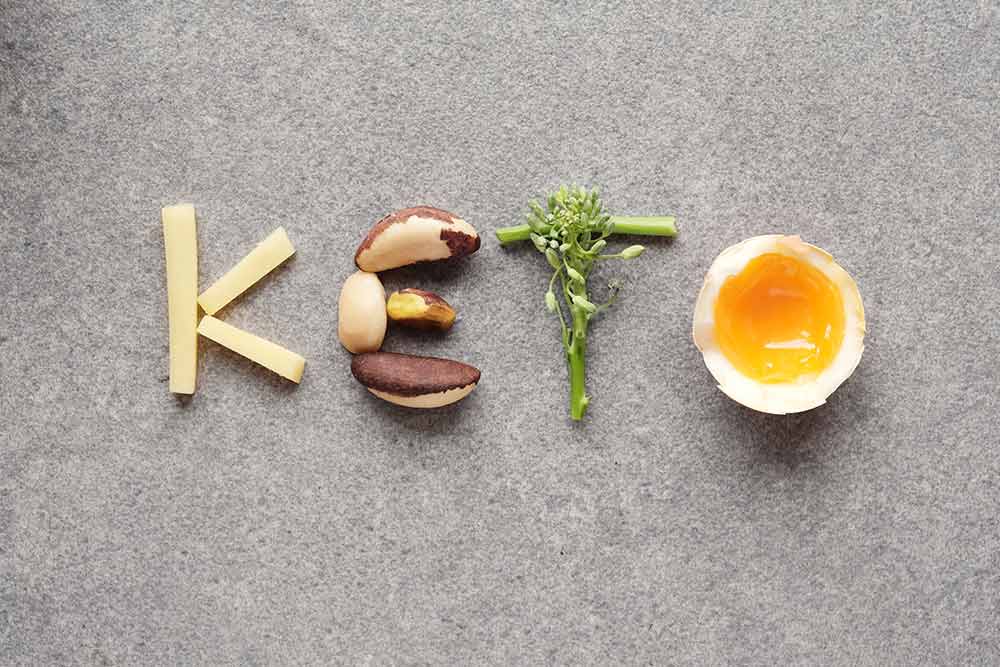

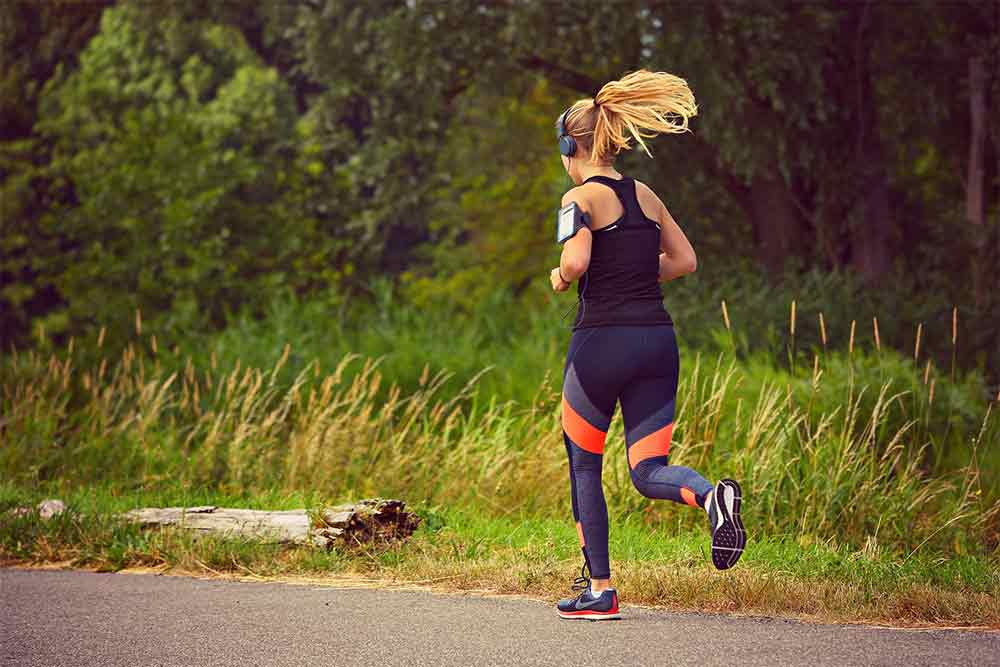
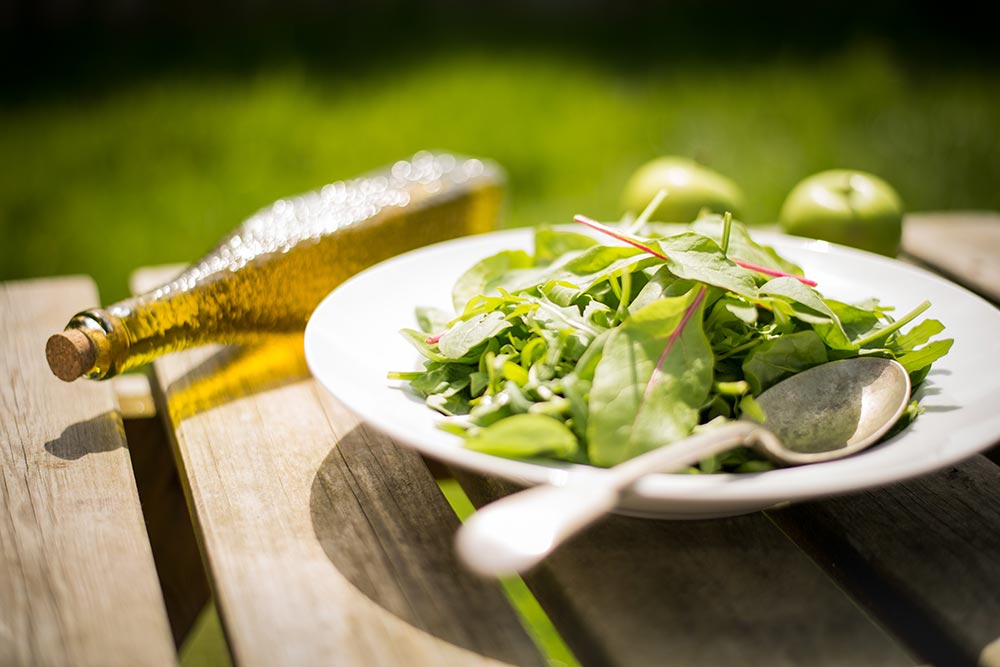


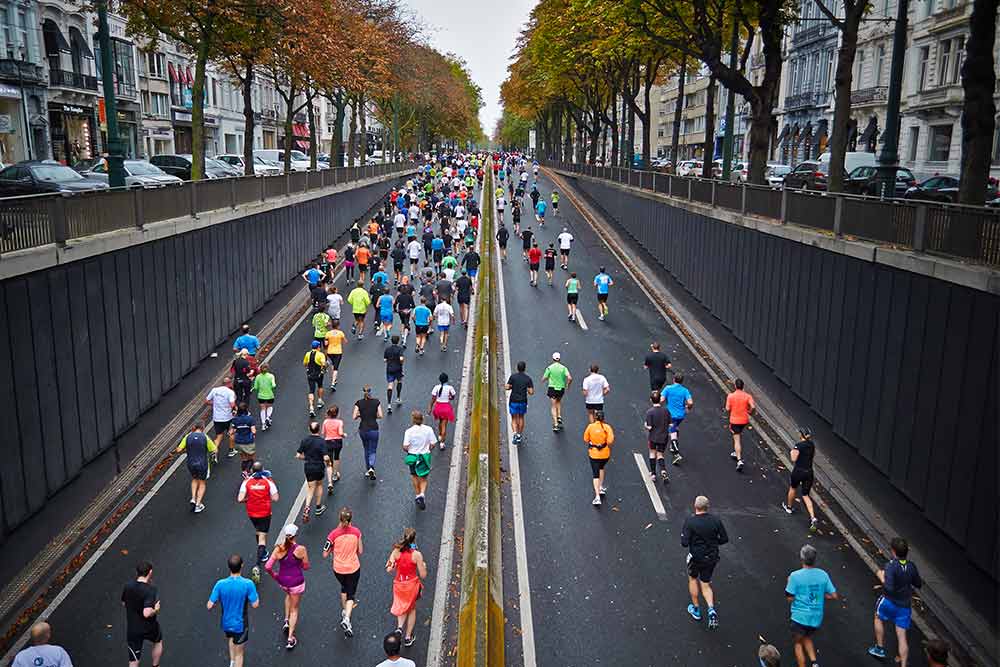
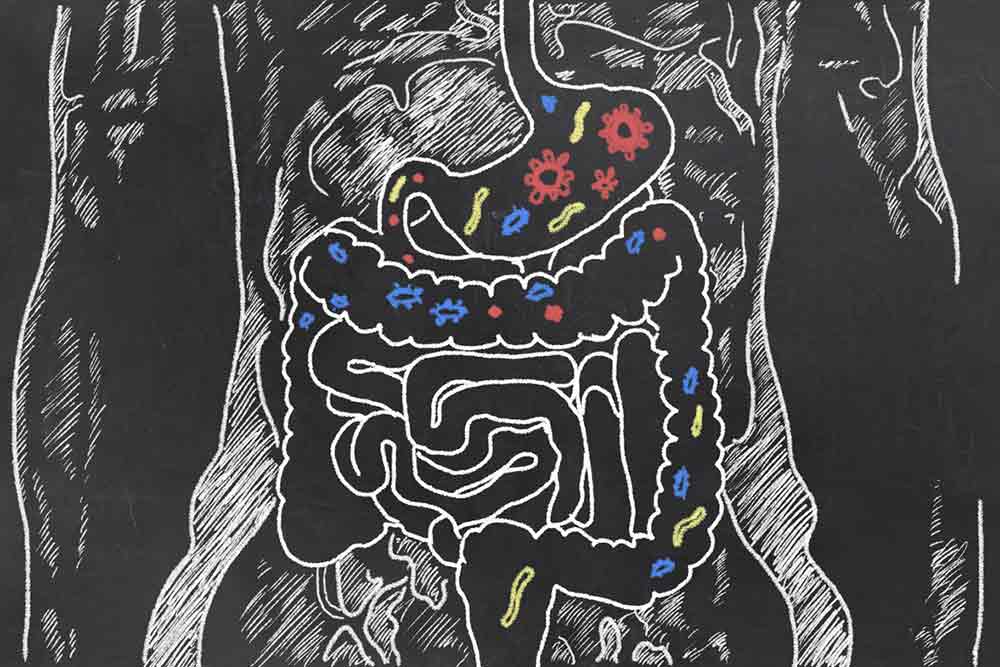



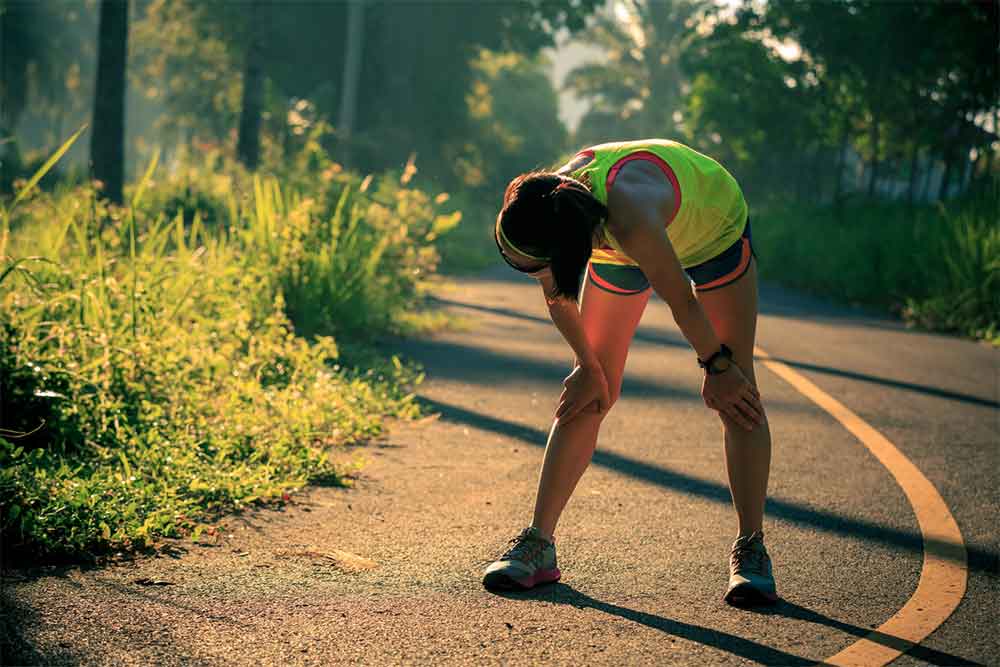

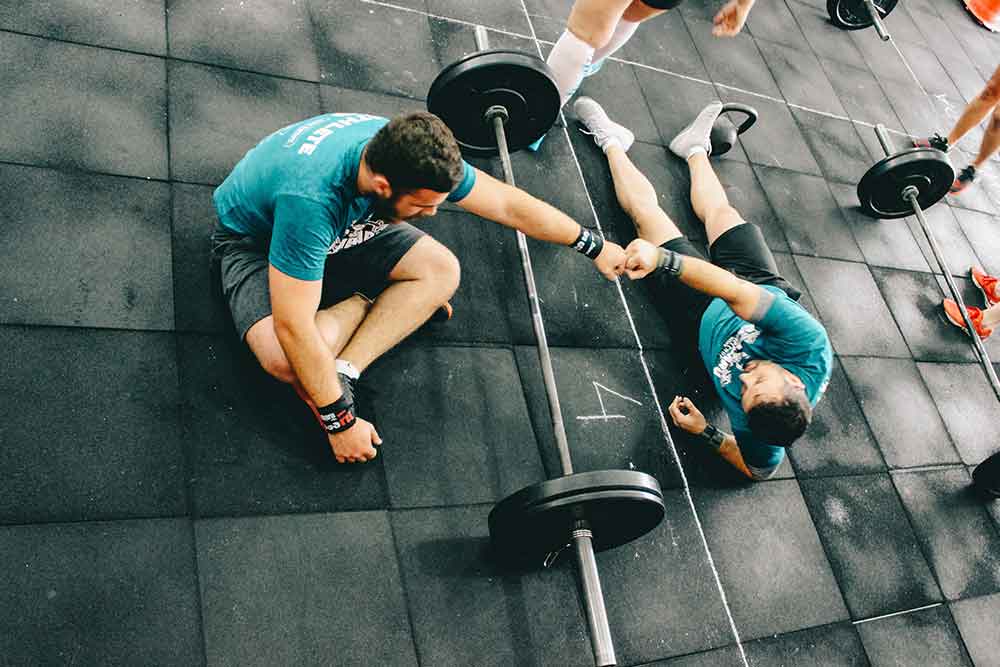



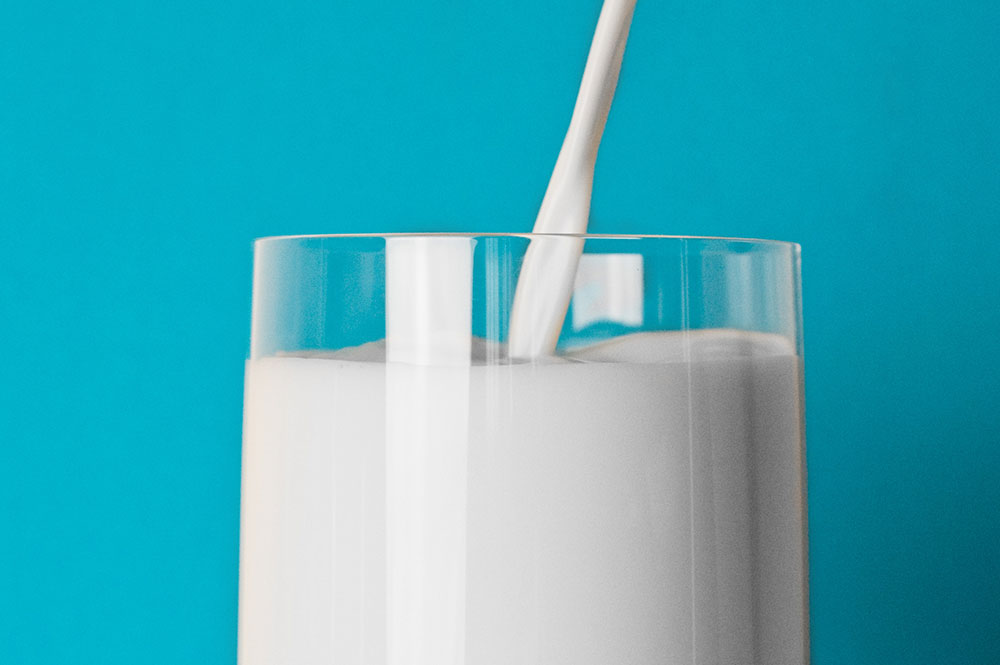







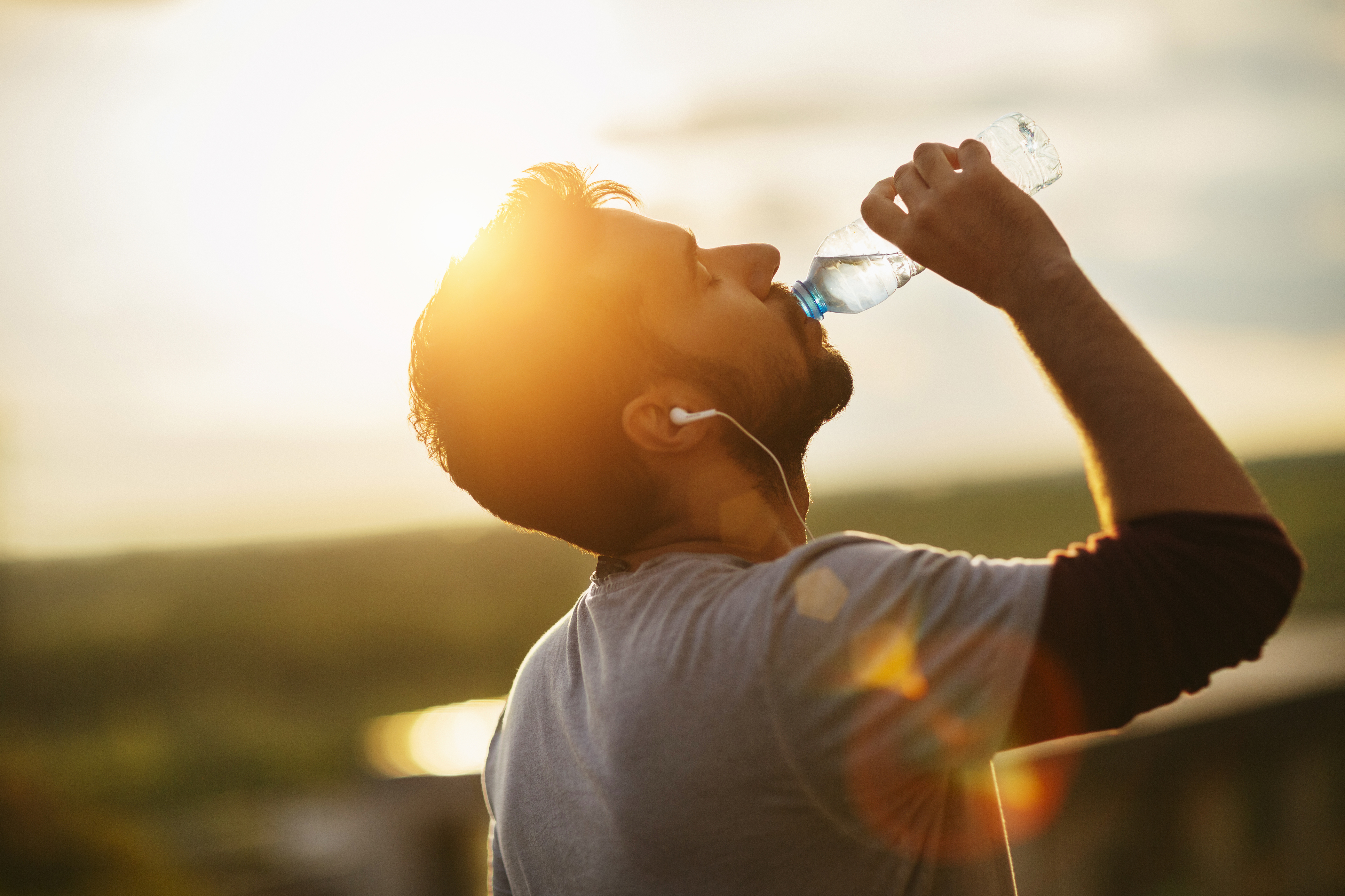
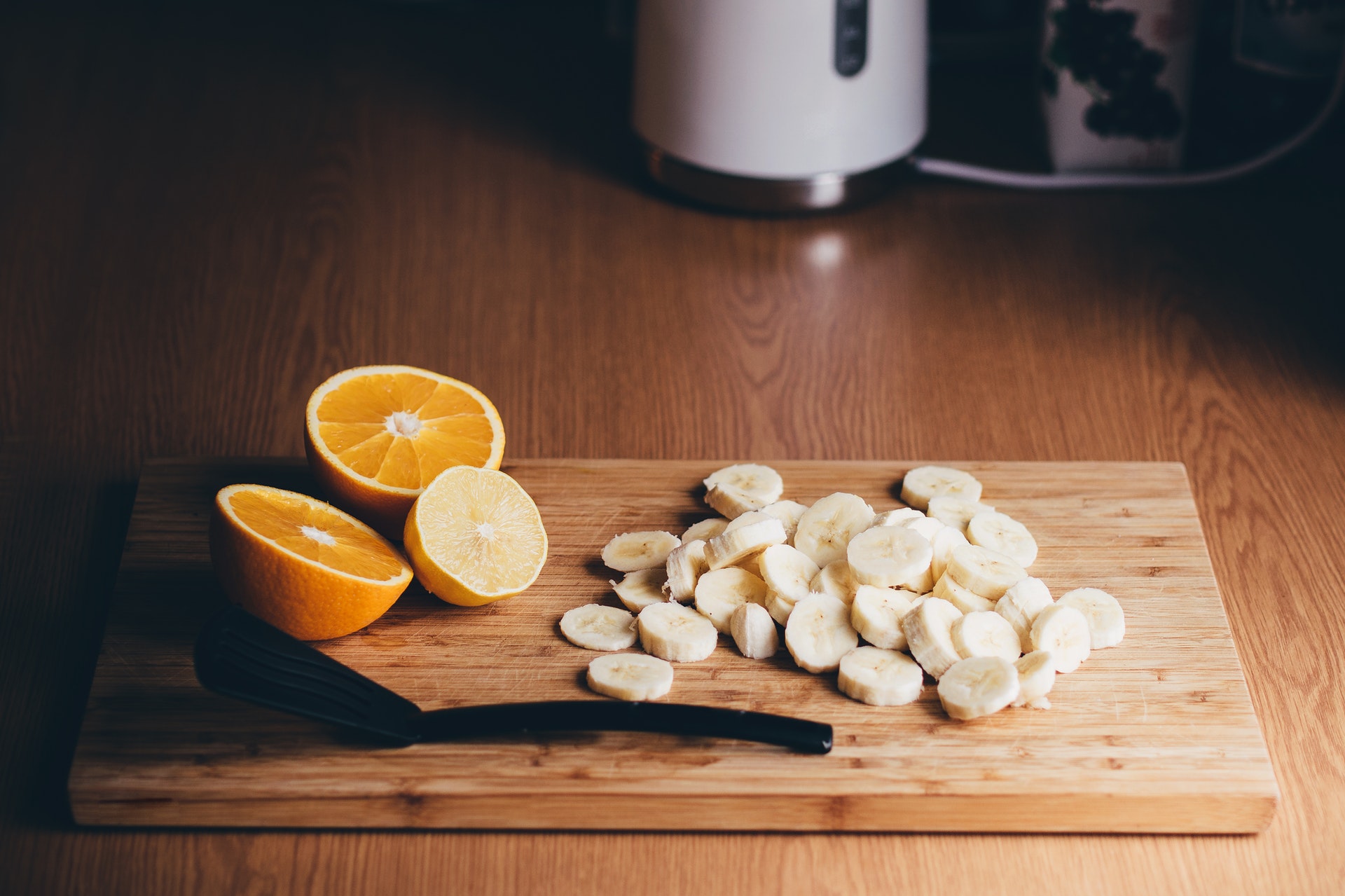





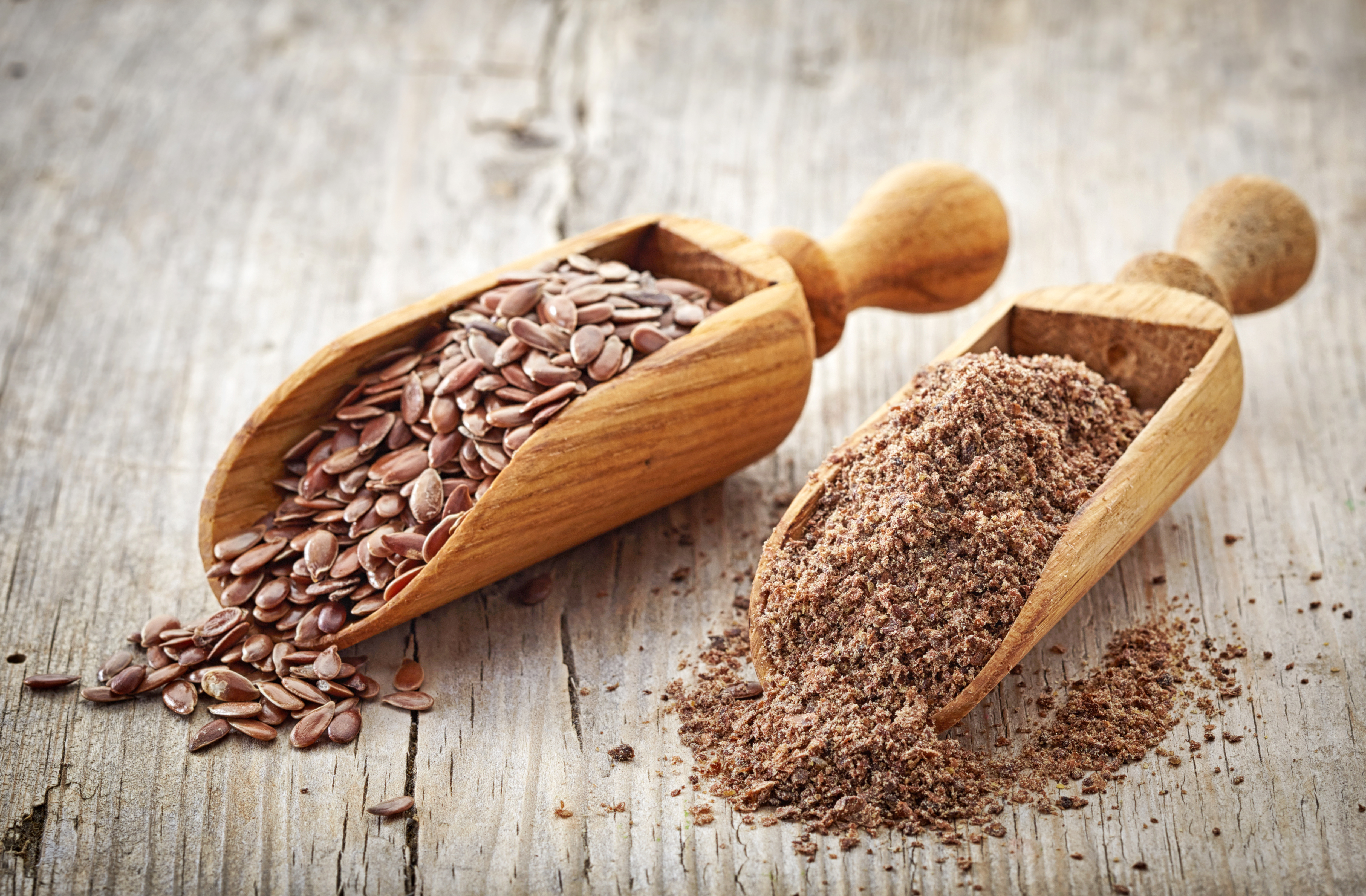
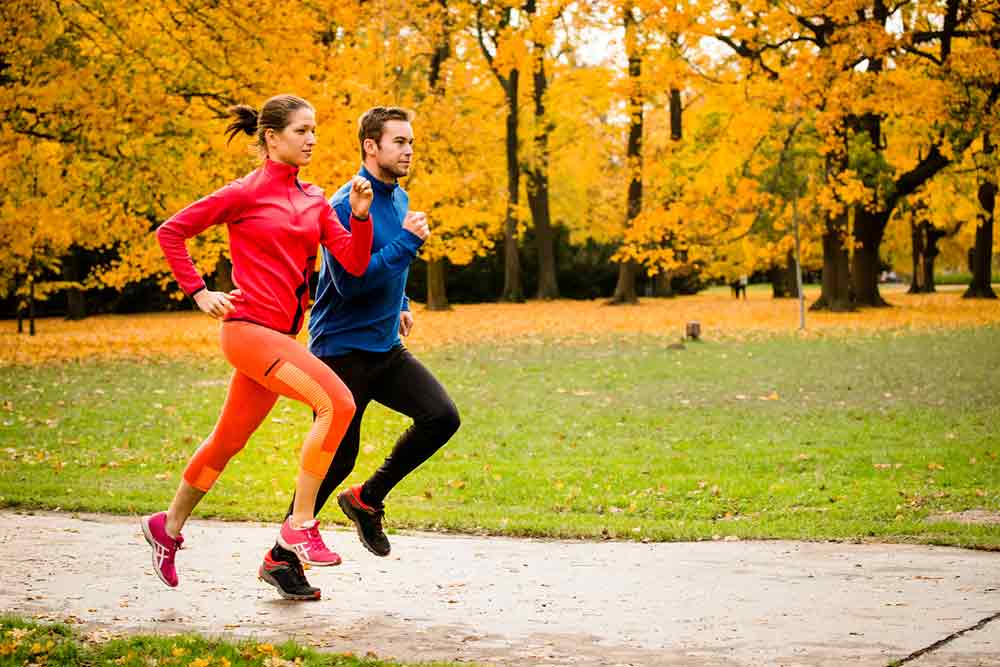






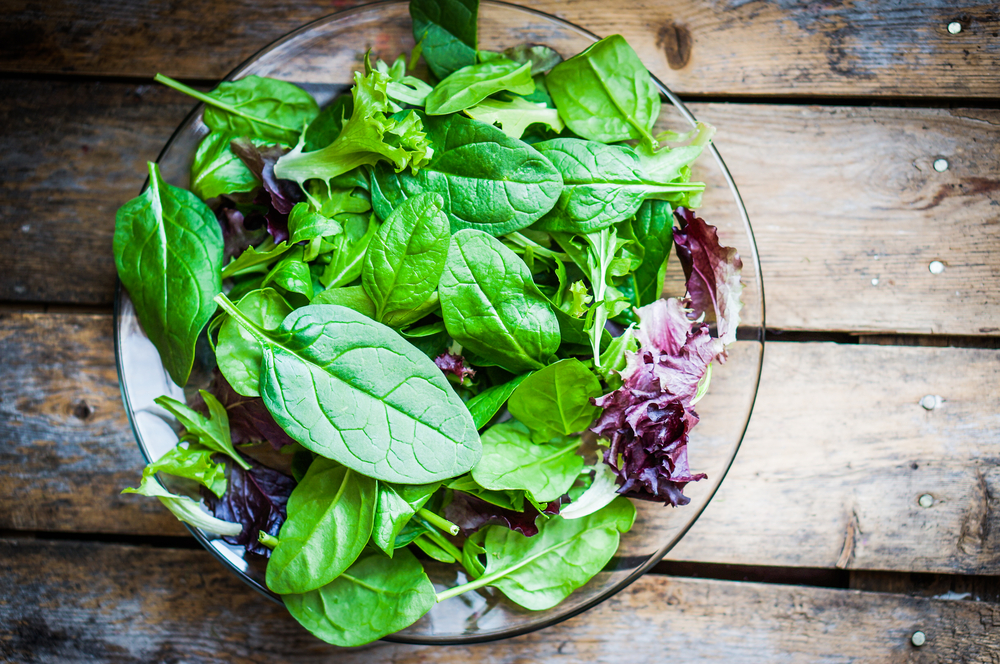



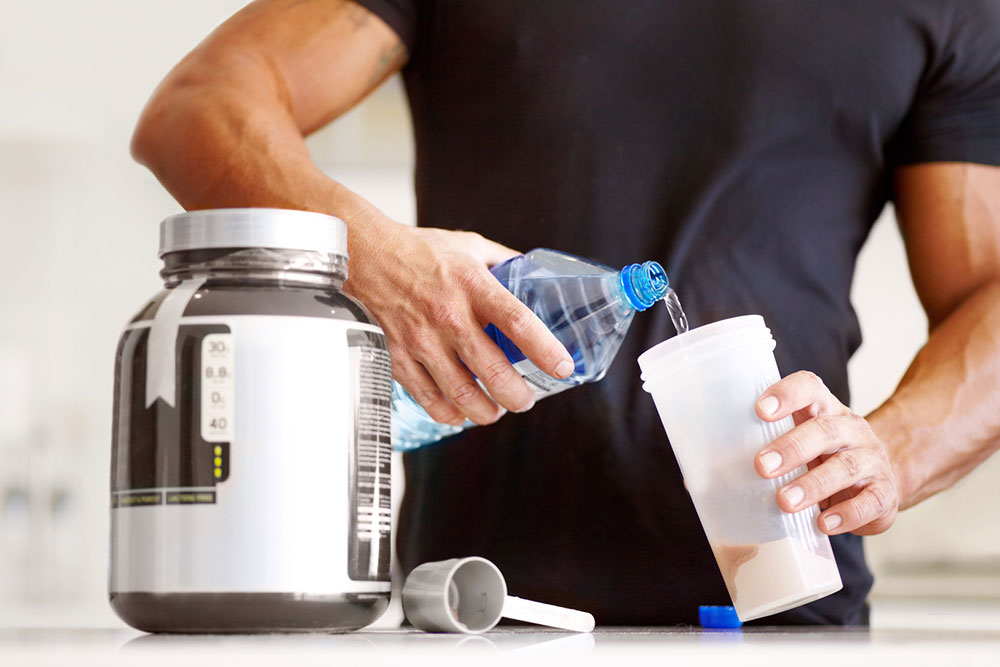





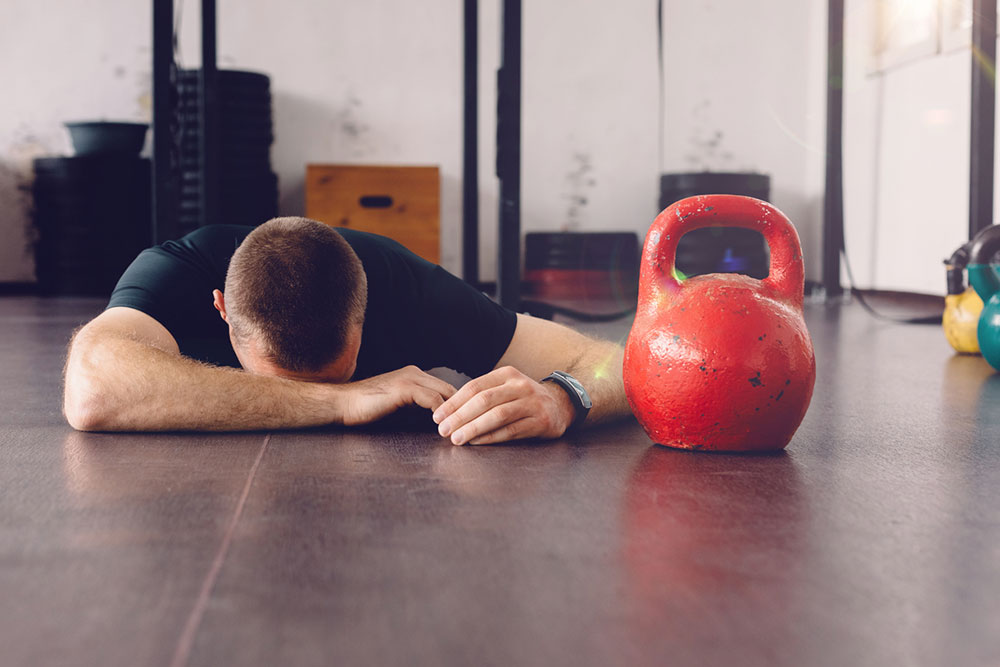













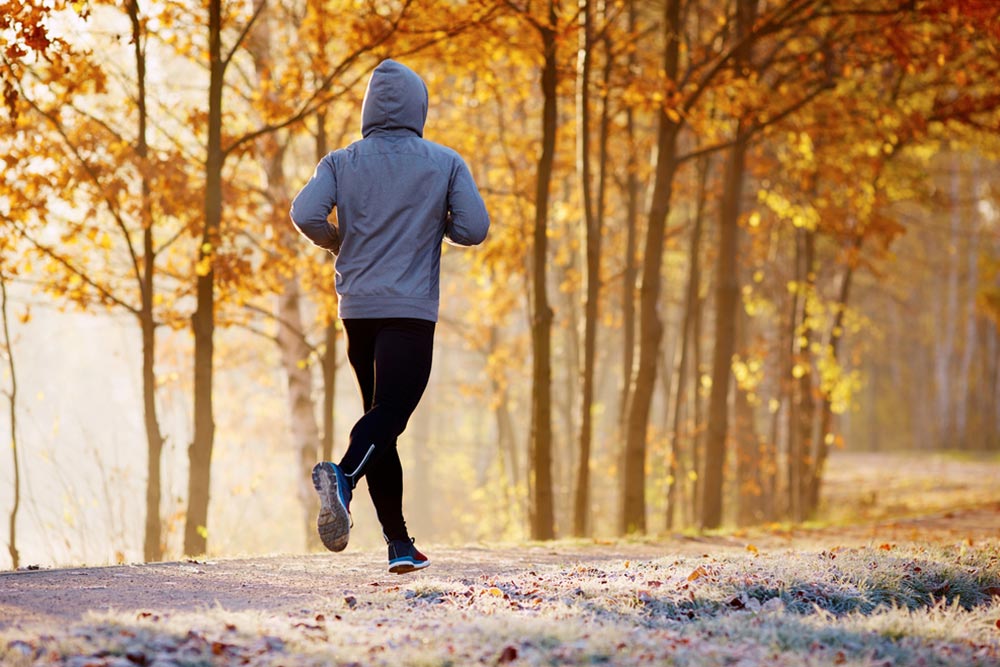
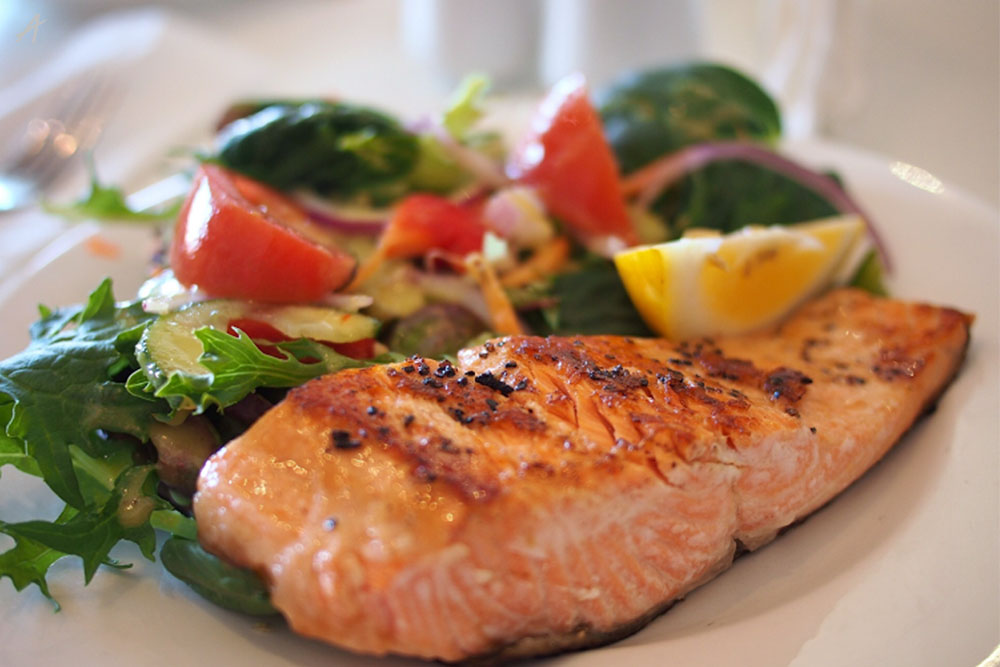


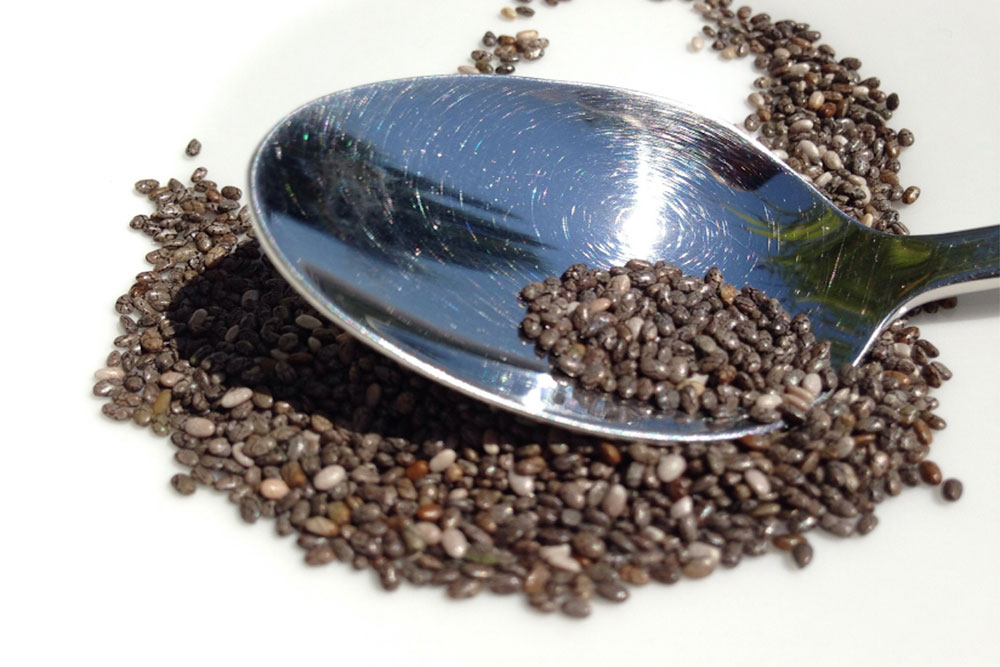

No comments:
Post a Comment